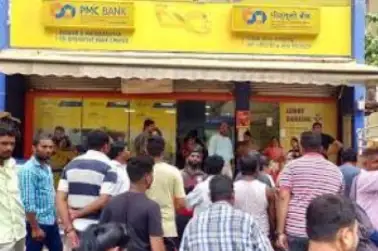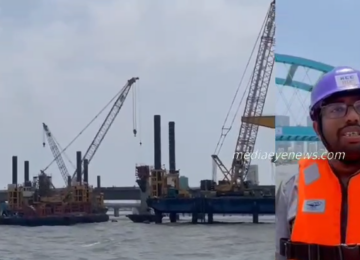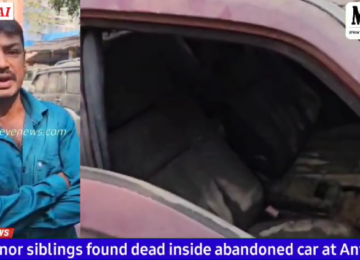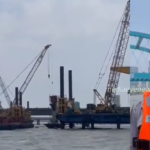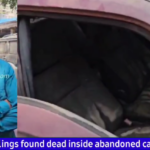Pandora’s Box has opened many times over in recent past and cans of worms have spread out. Take the Punjab National Bank fraud case where banks weren’t the only victims of the
fraud orchestrated by Nirav Modi and Mehul Choksi, to the IMA jewellery fraud that happened down south or the latest Goodwin Jewellers who have absconded. All these have
some similar pattern, i.e. the unholy nexus of unscrupulous politicians, greedy government officials, and callous businessmen, and then we have the public which wakes up at the
thirteenth hour.
Banks step in only when the fraud is unravelled through measures like banning short-term financing in foreign currency called Letters of Undertaking to limit collateral damages to the
financial system. Worst hit will be the common public and the smaller enterprises as the ban is eroding their margins and competitiveness when such measures are taken. The fugitives
have run away to foreign shores. Likewise the Punjab and Maharashtra Co-operative (PMC) Bank which sanctioned money to Housing Development and Infrastructure Limited (HDIL),
a real-estate company that went bankrupt is also doing the news rounds. Although HDIL’s directors have been arrested in connection with the Rs.4,355 crore scam it is the common
man whose hard-earned income is stuck with the PMC Bank.
Gem and Jewellery Export Promotion Council had in a statement said that after the Nirav Modi scam came to light the jewellery industry was badly hit and is facing a trust deficit. In
the IMA jewellery fraud for example when the scam came to light an audio clip went viral in which Mohammed Mazoor Khan, the founder of IMA jewels blamed Karnataka MLA
Roshan Baig and other government officials of corruption. Khan said that he defaulted on payments due to the high amounts that he had to pay as bribes to politicians and government
officials. Khan has fled the country and is believed to be hiding somewhere in the Middle East.

Now with investors protesting outside the offices of these jewellery shops and banks and giving nightmares to the police, the question which first comes to mind is why can’t pre-
emptive measures be taken in first instance? Many jewellery chains across India are facing liquidity issues, their balance sheets reveal huge losses and this mess needs to be cleaned up.
As a means of fixing this banks need to tighten lending norms to the jewellery sector. Banks should cap exposure to a certain amount in case of a single borrower as well as for a group.
For borrowers without rating it should be much lesser amount. There should be greater due diligence and checks on credit and inventory qualities. Although stricter credit norms may
affect the store expansion plans and working capital position of industry players, it is good to do so to prevent big frauds.
Often people fall in trap as cooperative banks offer higher interest rates on fixed deposits as against the larger state-owned or private commercial banks. Most such cooperative banks are
“fly by night operators” having the patronage of some local politicians, public servants and influential businessmen and are used for stacking their ill-gotten money. When crisis occurs,
Reserve Bank of India (RBI) will put restrictions on lending as well as on withdrawals. Situation becomes complicated for investors who have parked their hard-earned income in
these banks and have to run from pillar to post and may not get the redressal in time. Government needs to come up with legislative amendments to implement effective
regulation, even though most of these banks have been now brought under the ambit of RBI.
For the common man it is perhaps best to keep his savings in different banks, jewellery schemes, and chit fund schemes. As the old adage, “Never keep your eggs in the same
basket”, holds very much true in the current scenario when we see many helpless investors thronging the jewellery shops and bank premises. At least everyone will not sink at the same
time. If you have some money in another entity then you could use the funds in case of emergency. Anyway the public needs to be vigilant and keep a tap on their investments
whenever and wherever possible, after all it is your hard earned money that is at stake.

